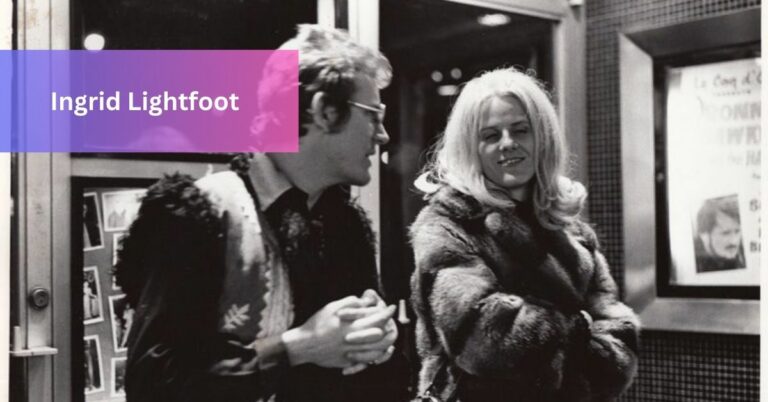just a fake saint spoiler
Let’s start talking about just a fake saint spoiler
Introduction
In the world of entertainment, the term “just a fake saint spoiler” has been making waves recently. This intriguing concept has captured the attention of audiences worldwide, sparking discussions and debates among fans. But what exactly does “just a fake saint spoiler” mean, and why is it causing such a stir? In this article, we will delve deep into the world of “just a fake saint spoiler” to uncover its origins, significance, and impact on the entertainment industry.
Exploring the Origins of Just a Fake Saint Spoiler
The term “just a fake saint spoiler” originated from a popular television series that revolves around a character who pretends to be a saint but is, in reality, far from it. This character’s deceptive actions and hidden motives have led to the emergence of the term “just a fake saint spoiler” as a way to describe individuals who project a false image of righteousness while engaging in deceitful behavior.
The Impact of Just a Fake Saint Spoiler on Audiences
The portrayal of a “just a fake saint spoiler” character in media has sparked discussions among audiences about the nature of deception and the consequences of trusting appearances. Viewers are drawn to the complexity of such characters, as they navigate the blurred lines between good and evil, right and wrong. The exploration of moral ambiguity in storytelling has resonated with audiences, prompting them to reflect on their own beliefs and values.
Unveiling the Psychology Behind Just a Fake Saint Spoiler Characters
Just a fake saint spoiler characters often exhibit traits of manipulation, narcissism, and charm, making them compelling yet dangerous figures in storytelling. Their ability to deceive and manipulate others stems from a deep-seated desire for power and control, driving them to extreme lengths to maintain their facade of righteousness. Understanding the psychology behind such characters sheds light on the complexities of human behavior and the allure of moral ambiguity in narratives.
The Evolution of Just a Fake Saint Spoiler in Popular Culture
The concept of “just a fake saint spoiler” has evolved over time, transcending traditional storytelling boundaries to encompass a wide range of genres and mediums. From television series to films, books, and even social media, the portrayal of deceptive characters has captivated audiences across different platforms. The enduring popularity of “just a fake saint spoiler” characters reflects society’s fascination with moral dilemmas and ethical ambiguity in narratives.
Challenging Conventions Through Just a Fake Saint Spoiler Narratives
Just a fake saint spoiler narratives often subvert conventional storytelling tropes, offering audiences a fresh perspective on morality and ethics. By blurring the lines between hero and villain, protagonist and antagonist, these narratives challenge viewers to question their preconceived notions of right and wrong. The unpredictable nature of “just a fake saint spoiler” stories keeps audiences on the edge of their seats, eager to unravel the mysteries behind deceptive characters.
Exploring the Cultural Significance of Just a Fake Saint Spoiler
The cultural impact of “just a fake saint spoiler” extends beyond entertainment, sparking conversations about trust, deception, and the complexities of human nature. Through the lens of deceptive characters, audiences are prompted to examine their own beliefs and values, leading to introspection and self-reflection. The enduring popularity of “just a fake saint spoiler” narratives highlights society’s fascination with moral ambiguity and the shades of gray that define human behavior.
FAQs
1. What defines a “just a fake saint spoiler” character?
A “just a fake saint spoiler” character is someone who pretends to be virtuous or righteous but harbors hidden motives and engages in deceitful behavior. These characters often manipulate others for personal gain while projecting a false image of morality.
2. Why are audiences drawn to “just a fake saint spoiler” narratives?
Audiences are drawn to “just a fake saint spoiler” narratives due to their complexity and moral ambiguity. The exploration of deceptive characters challenges viewers to question their beliefs and values, making for compelling storytelling.
3. How do “just a fake saint spoiler” narratives impact popular culture?
“Just a fake saint spoiler” narratives challenge conventional storytelling tropes and offer a fresh perspective on morality and ethics. These narratives spark discussions about trust, deception, and the complexities of human nature, influencing cultural conversations.
4. What psychological traits define a “just a fake saint spoiler” character?
“Just a fake saint spoiler” characters often exhibit traits of manipulation, narcissism, and charm. Their deceptive behavior stems from a desire for power and control, driving them to extreme lengths to maintain their facade of righteousness.





